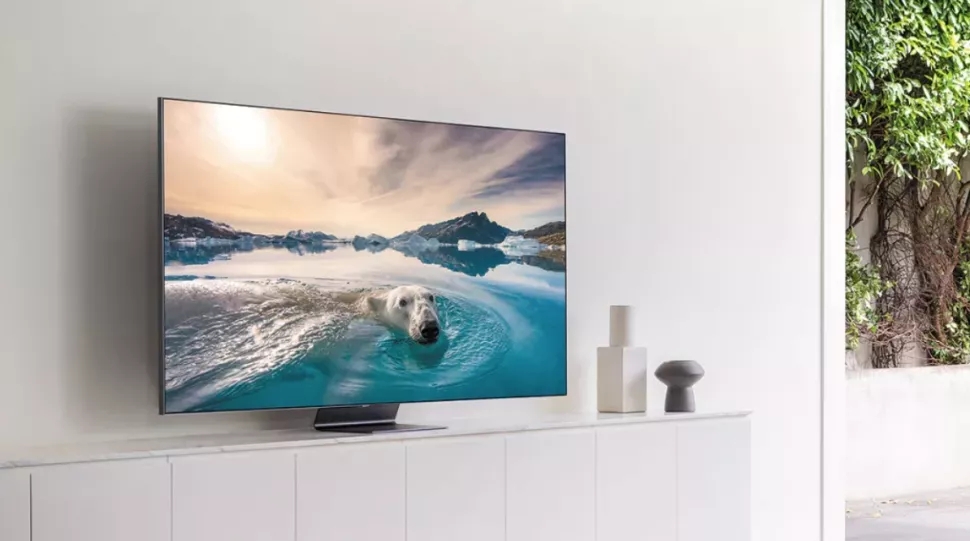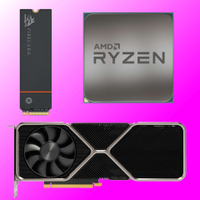Samsung sued over HEVC video codec patents
Pay up or else!

Samsung is being sued by MPEG LA, a licensing body that holds the patents for the HEVC codec among others.
According to the complaint (via Business Wire), Samsung was both a licensor and licensee from 2014 to March 2020. After that date, the suit alleges that Samsung continued to offer HEVC supporting products after its licence lapsed.
The suit is being brought in Dusseldorf, Germany. MPEG LA is seeking injunctions, monetary damages and expenses. The lawsuit specifically targets Samsung's German subsidiary, Samsung Electronics GmbH.
HEVC, or High Efficiency Video Coding (HEVC) is a widely used video compression standard. When compared to the older AVC standard, HEVC offers up to 50% better data compression at the same level of video quality. Almost all current hardware including PCs and smartphones support some kind of HEVC video encoding and decoding hardware.
Best CPU for gaming: Top chips from Intel and AMD
Best gaming motherboard: The right boards
Best graphics card: Your perfect pixel-pusher awaits Best SSD for gaming: Get into the game first
Samsung hasn’t yet responded to the lawsuit. We’re left wondering why a company the size of Samsung would let its HEVC licence lapse. Perhaps there is something else going on behind the scenes.
According to a MPEG LA document, HEVC licensees are required to pay US $0.20 per unit after the first 100,000 units or devices sold, up to a yearly limit of $25M. That’s not exactly chump change, but for a company like Samsung, it pretty much is. It will be interesting to see how the case develops, despite the fact that interesting and patent lawsuits rarely coincide and are typically mutually exclusive concepts.
The biggest gaming news, reviews and hardware deals
Keep up to date with the most important stories and the best deals, as picked by the PC Gamer team.

Chris' gaming experiences go back to the mid-nineties when he conned his parents into buying an 'educational PC' that was conveniently overpowered to play Doom and Tie Fighter. He developed a love of extreme overclocking that destroyed his savings despite the cheaper hardware on offer via his job at a PC store. To afford more LN2 he began moonlighting as a reviewer for VR-Zone before jumping the fence to work for MSI Australia. Since then, he's gone back to journalism, enthusiastically reviewing the latest and greatest components for PC & Tech Authority, PC Powerplay and currently Australian Personal Computer magazine and PC Gamer. Chris still puts far too many hours into Borderlands 3, always striving to become a more efficient killer.


